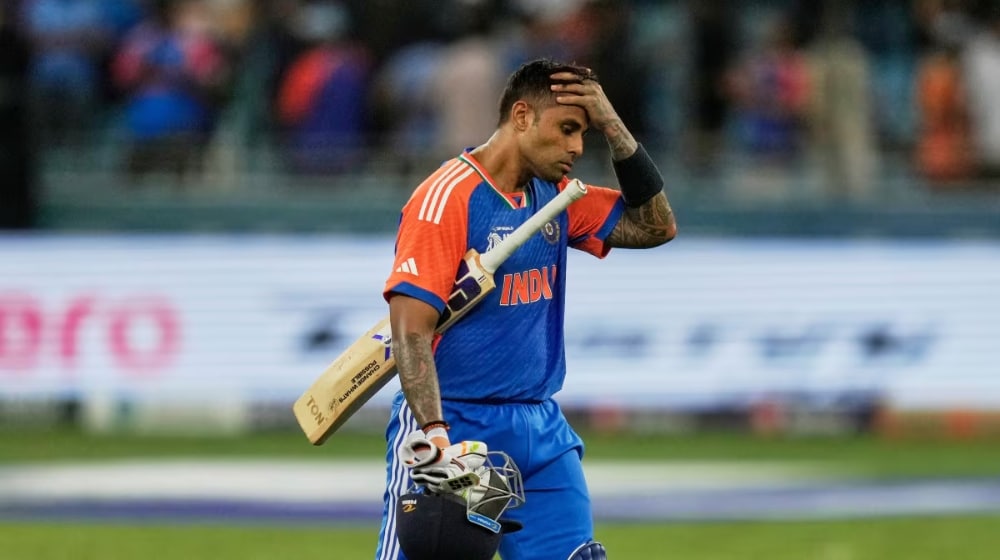As the 2025 Asia Cup winds down, so too do the various threads stemming from the political tension between Pakistan and India. In one resolution, India’s captain Suryakumar Yadav has been found guilty of breaching the ICC Code of Conduct for politically charged comments made after his side’s group-stage victory against Pakistan on September 14.
Match referee Richie Richardson dismissed Suryakumar’s not-guilty plea, though the details of his punishment remain under wraps.
Suryakumar Yadav’s remarks, dedicating India’s win to “our armed forces” and later linking it to a recent skirmish with Pakistan, triggered an immediate complaint from the Pakistan Cricket Board (PCB). The PCB demanded a Level 4 sanction, the highest category of offence under ICC regulations, citing precedent where the governing body had barred players from making political or humanitarian statements.
The matter has stirred debate, as the ICC has previously acted swiftly on political messaging. Only last year, Usman Khawaja’s attempt to highlight the Gaza crisis with “Freedom is a human right” inscribed on his shoes was blocked.
As for the punishment, Suryakumar Yadav has been handed a 30% match fee fine. The Board of Control for Cricket in India (BCCI) has already filed an appeal against the ruling, which will be heard in due course.
But while Suryakumar Yadav’s situation has become clearer, Pakistan’s Sahibzada Farhan and Haris Rauf also face disciplinary scrutiny following their actions during the high-octane Super Four clash on September 21. Farhan drew attention for mimicking a gun celebration after his half-century, while Rauf was seen making aircraft-downing gestures on the boundary line, a response interpreted by some as a jab at India’s fans.
Both players have pleaded not guilty, arguing that their gestures were spur-of-the-moment celebrations, not political messages. However, the PCB privately accepts that fines may be forthcoming.
The backdrop to these incidents is the heightened animosity that has surrounded Indo-Pak contests at the Asia Cup. India’s refusal to shake hands before and after the group match, along with verbal spats during the Super Four, have only added fuel to the fire.
With the Asia Cup final between Pakistan and India looming, the disciplinary cloud hanging over both sides has further intensified an already tense build-up.
